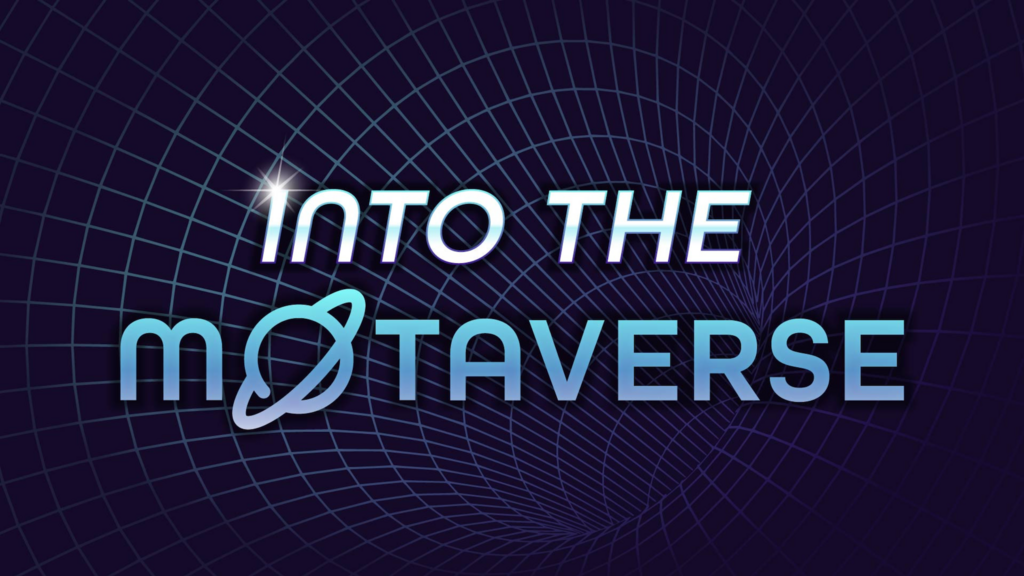The lost art of asking questions
How hard is it to ask a question?
Growing up, I wasn’t taught to ask questions. I was taught to listen to the authorities around me and follow what they said, without question.
Many businesses and communities operate like this today. An authority figure (at any level) is holding the mic. Sometimes they have valuable information to share, depending on the context. However, no matter what the value of what they share, the listeners are inclined to comply. Mission accomplished. Maybe.
Or, perhaps the organization you find yourself in is open to asking questions, but you still feel scared to ask them. You don’t want to appear stupid, or you’re afraid that you’re the only one who doesn’t know. You fear that everyone else in the room knows, simply because they haven’t asked the question that’s on your mind.
Asking questions in any group setting can be a difficult hurdle to face, even in welcoming organizations. What I hope to clarify is the value of asking questions:
- Why they matter
- The benefits they present
- What might happen when we ask them
I’ll also address:
- Ways to ask questions in a non-threatening way
- How to ask a question when you’re nervous
- Ways to be open when you are asked a question
- How questions can reveal the truth about whom you are working with, either good or bad, and how that information can help you decide how to move forward in your career
What makes a good question?
“That’s a good question.” This is a phrase I hear often in news stories, podcasts, and conversations. But, really, what is a good question? What is the anatomy of a good question?
I like Tammy Palazzo’s definition:
“A good question stimulates thought, encourages discussion, and inspires an insightful response. It's a catalyst for learning and a beacon that guides us to the unexplored territories of knowledge.”
To me, a good question springs from genuine curiosity, devoid of malice, with the intention to create an open space for creativity and problem-solving.
Why do questions matter?
Think of a time when you thought you had life figured out. Maybe you’d made specific decisions about what sort of work you would do, a relationship you were in, or perhaps the type of person you thought you were.
Now think of why those circumstances, the career, relationship, or who you were, changed because of a question. Maybe the question showed up on its own, internally, like a silent companion. Or, maybe a friend asked a question in passing, and suddenly you made connections you hadn’t before.
Now, reflect on what might have happened had that question never come up. How would your life be different?
Questions expand our horizons, giving us a broader view of what’s possible. A good question can offer a different perspective. The power of “What if…” paints the possibility that things can be different if we’re willing to try something else, even if it’s been tried before.
What can good questions accomplish?
I once worked for an engineering manager who hated private messages. So if you asked him a question, he would likely ask you to ask the same question in a public space.
Was I still afraid to ask my question in public? Absolutely. So, what was he trying to do?
He was trying to create an atmosphere of safety. As he pushed me to take a risk and speak my question in public, others observed that it was safe to do the same. Now, wherever I work, I practice what he taught me.
Asking questions in public accomplishes a few things:
- It gives others the chance to be brave. As you show up in your home, your work, and in the public sphere, regardless of the audience, being willing to ask a question lets others know that it’s okay to be curious and to ask for what you don’t know or what you don’t yet have.
- It helps break down silos. When questions are brought into the open, anyone at any time can respond to that question. And once the information is made public, others can add to or enhance what was already known about the topic.
- It dissolves the idea that there needs to be a go-to person for specific information. As Jessica Mosley described in Herding Squirrels, the danger of leaning on only one person for information prevents the growth of creativity and productivity. When information belongs to the collective instead of just one person, anyone at any point can find what they need, and the work can continue.
- It challenges any negative feedback we may be hearing internally. Many times, before I ask a question, I think, “Ugh, I should know this already.” Or, “This feels like such a stupid question to ask.” As I ask questions that have come up in various situations, I typically find that if I face any resistance or frustration from the person to whom I posed the question, their response reflects more about who they are than who I am.
How can I ask a good question?
Not everyone may feel open to questions. There are styles of communicating that encourage non-violent communication.
For example, instead of using words that might indicate blame or shame, use neutral words.
Have you ever heard anything like “Who forgot to write tickets for this piece of functionality?” This question is missing one quality that we mentioned earlier: it is probably NOT devoid of malice. The questioner does not appear to want a solution so much as a person at whom to point a finger of blame.
An example of how this might be reworded using non-violent communication: “I noticed that we don’t have tickets for this piece of functionality. Who would be willing to write these up?”
There is no indication of finger-pointing. The next step is clear. Something was missed. Let’s fix it.
Assume that everyone is doing their best work and that when you ask a question, you are not doing so to make someone feel like they are in trouble or that they are a bad person. You are bringing it up because you want to move the process forward in a meaningful way, even if you’re generally curious about one aspect of the business.
In turn, when someone asks you a question, trust that they are doing so because they feel like they can come to you. Again, to avoid silos, encourage them to ask the same question in a public space so you can answer them publicly. And now everyone has the same information that anyone can access in the future.
What if I’m nervous to ask a question?
Friend, I would love to have a different answer for you than the one I am about to give. I’d love to share some hot tips or tricks to ask a question when you’re scared to death. There have been so many times when a question is boiling inside of me, and my mind is racing and my heart is beating out of my chest.
For me, there is only one thing that solves it. Asking the question. I hate to be that gal, but yeah, just do it. Open your mouth. If you’ve followed the guidelines mentioned above, I’m sure your question is a valid one, and it will benefit anyone listening to or reading your question.
What does it mean if someone is rude after I ask a question?
Sometimes, the response you receive is not one you'd expect. It might feel off-putting or almost rude. It's easy to think that the person replying could have bad intent. I've made this mistake myself. Their response may not be in line with what you were hoping for and could be the result of several factors: perhaps they speak in a straightforward manner, the culture they grew up in communicates in a similar fashion, so this is how they are used to speaking to others. Some neurodivergent folks can respond in ways where the intent is clear to them, but may not convey the same meaning to you. Maybe they're having a bad day, or your question could have caused further confusion.
If I experience a response that makes me feel less than amazing, I try to ask questions about the intention behind the person's response, explain how it made me feel, and check whether that was their intent. Often, this clears things up and helps build better understanding.
Of course, sometimes a person's intent is to be rude. If you experience consistent negative responses from someone, this provides the feedback you need about your current situation. Jefferson Fisher, the author of The Next Conversation, even goes so far as to say “Thank you” when someone is rude to him. It can be a simple way to stay calm and in control of your response.
When someone will not give you the opportunity to learn and grow using the questions you ask, it can help you decide if this is a place that you want to remain. Or perhaps you need to involve someone else so that the culture, if it’s a good one, is protected, and that everyone in the company continues to feel safe.
To wrap up
Asking questions is hard. Being willing to face the stigma, both internal and external, of asking a question offers freedom both to the asker and the person who gets to observe your influence and bravery.
Ask the question.
Watch the skies open up.
For more information
- Overcoming the trap of intellectual conformity: Tips for software testers, Vitaly Sharovatov
- Learning To Learn - My Struggles And Successes!, Danny Dainton
- Passive Learning and the Illusion of Familiarity, Eva Podbrdská
- Five Things I Learnt Speaking At A Testing Conference For The First Time, Deborah Reid







